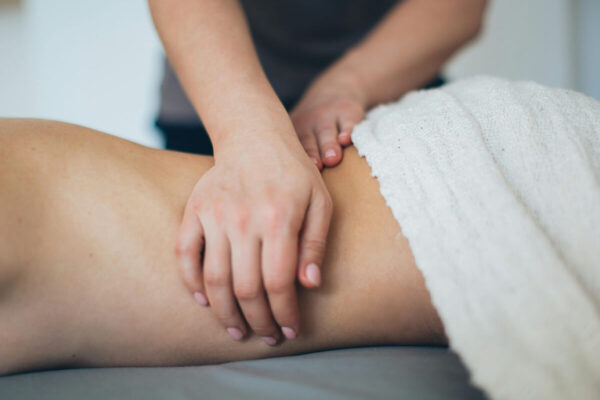7 Signs You Need Orthotics
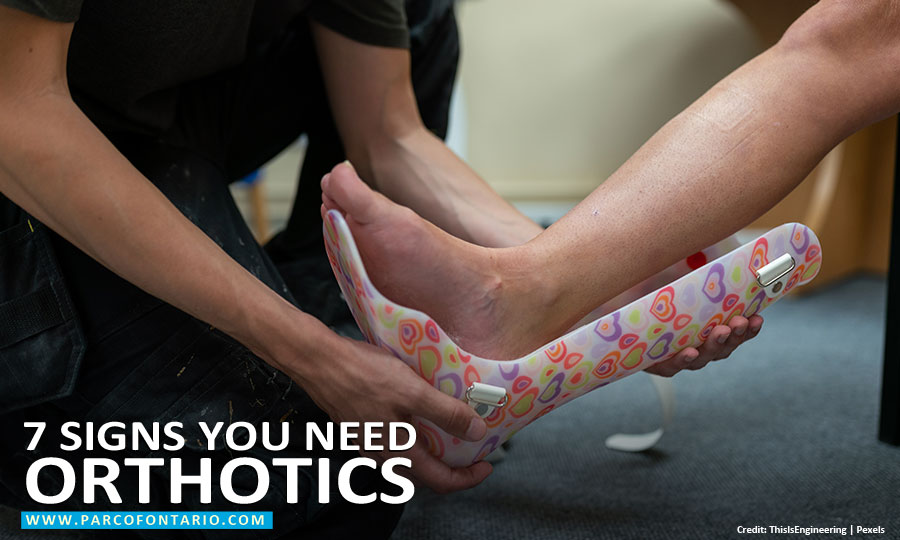
Some versions of orthotics are said to have originated over 2,000 years ago when individuals would stuff wool into their sandals for added comfort and support. Today, advancements in podiatry can use the contour of your foot to develop personalized orthotics that will correctly support your feet.
Foot specialists utilize orthotics, sometimes known as “shoe inserts” or “insoles,” to address a wide range of their patients’ foot disorders, as well as to prevent them from occurring in the first place. Orthotics are beneficial to those who have flat feet or high arches, as well as those who work physically demanding jobs or participate in sports.
What Are Orthotics?
Orthotics are a type of shoe insert that can be used to address a variety of foot problems. There are many various kinds of orthotics, and the materials and features may vary depending on where you obtain them. The purpose of orthotic therapy is to repair damage and alleviate foot pain by reducing internal and external stresses acting on certain portions of the foot.
What Kind of Orthotics Do I Need?
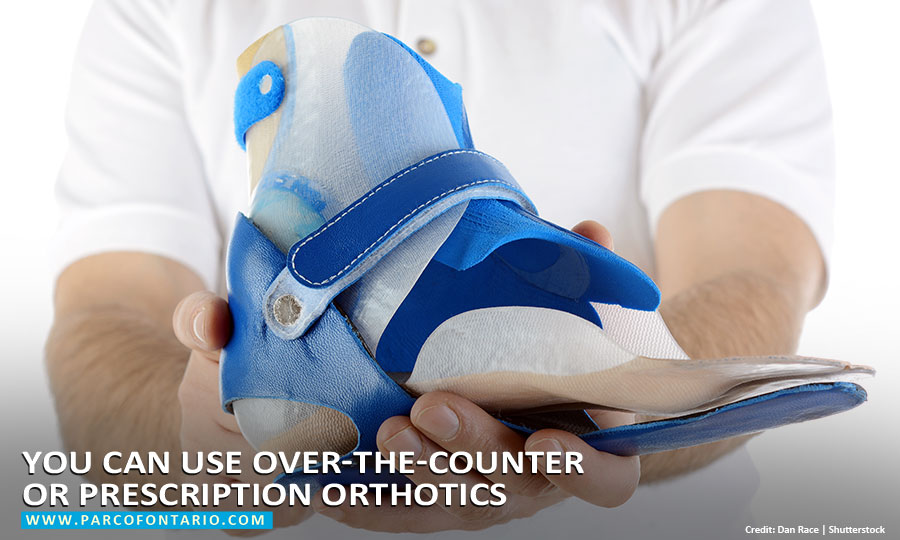
The kind of orthotics you’ll need will depend on your condition and the diagnosis of a health professional. You may buy two different types of foot supports to help relieve discomfort and make you feel more comfortable.
- Over-the-Counter/Off-the-Shelf Orthotics
Over-the-counter (OTC) or off-the-shelf orthotics can be purchased in a store without a prescription. They are often constructed using materials such as gel, plastic, or foam and can be worn inside your shoes to provide additional cushioning and support. They can be chosen based on the size of your shoes and the issue you’re having (such as Achilles tendinitis or arch pain). They may be beneficial for heel pain, lower back pain, general foot discomfort, or a particular sport.
- Custom Prescription Orthotics
These are prescription inserts that you put inside your shoes to help you with challenges like walking, standing, or running. A health expert will take a detailed health history, including your height, weight, level of activity, and any medical issues. After determining the best materials and level of rigidity/flexibility for the orthotics, an impression cast of your foot is created. This mould is then used to create custom orthotics for you.
What Conditions Require Orthotics?
The following are some instances of foot problems that can be treated with orthotics:
- Plantar fasciitis
- Bunions
- Knee pain
- Flat feet
- High arches
- Bursitis
- Neuroma
- Injuries
- Achilles tendinopathy
The design and functionality of the device will help you achieve the optimal treatment outcome depending on the issue you have. Orthotics are not used as a stand-alone treatment. Changes in footwear, exercises, and, in certain situations, medication will be prescribed by your podiatrist.
How Do You Know If You Need Orthotics?
Here are a few signs that you need orthotics:
- You are experiencing pain in your foot
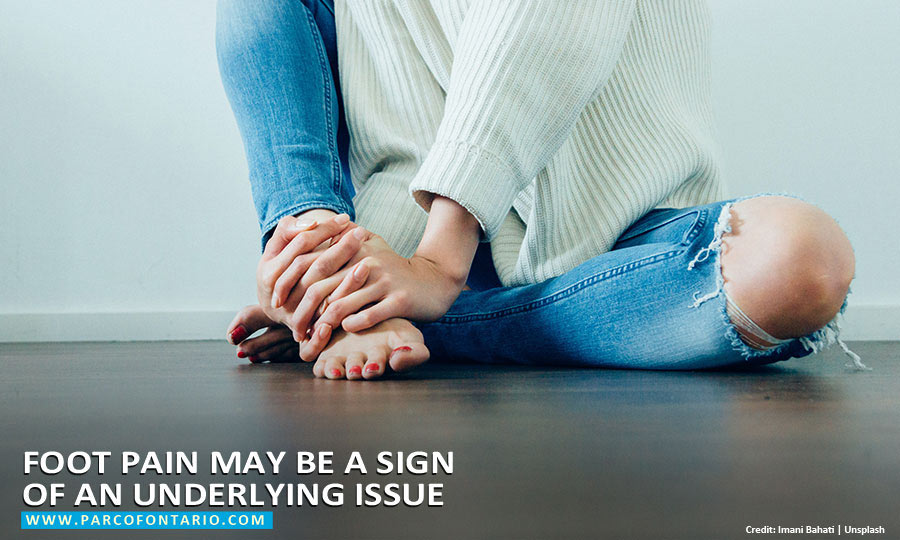
It’s time to consult a podiatrist if you’re having foot pain or swelling during or after ordinary daily activities (standing, walking). You don’t have to put up with unneeded foot pain, and orthotics may be able to help.
A sharp heel pain, especially when it occurs first thing in the morning can be a sign of plantar fasciitis, a condition that could very well benefit from orthotics. The plantar fascia is a shock absorber that supports the arch of the foot. If you’re overweight, have a tight Achilles tendon, high arches or flat feet, or spend a lot of time standing or wearing high heels, it’s more prone to inflammation. By providing additional arch support or heel cushioning, custom-made orthotics can help ease the pain.
The developing baby shifts a woman’s centre of gravity and posture throughout pregnancy. This, combined with pregnancy hormones, can make the pelvic joints unstable, resulting in a range of mobility difficulties — from slight discomfort to severe pain and, in rare cases, inability to walk.
Weight gain during pregnancy can also cause poor circulation and joint pain as added pressure is applied to your feet and for an extended period. Custom orthotics can support and cushion the feet, which results in improved blood circulation, less strain on the knees, less lower back pain, and increased walking comfort.
- You have a flat foot or high arch
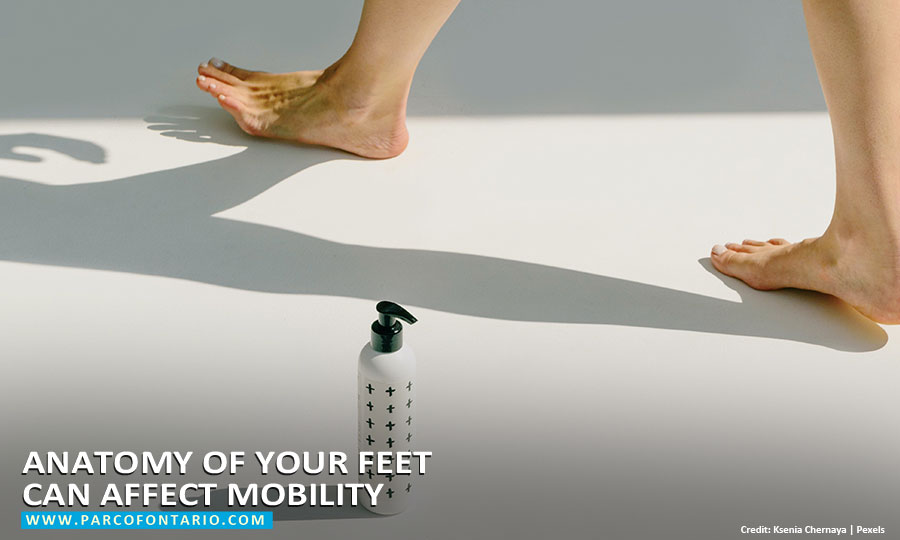
Because of your anatomy, your feet may be receiving inadequate support, especially if you have high arches or a flatfoot. Foot pain or overpronation (inward rolling of the foot) can occur if you have flat feet with little or no arch. Regular shoes are designed for normal feet, but podiatrists can create custom orthotics to provide your feet with the extra support they require.
Orthotics can minimize rolling and relieve pressure on the arch. In the event of high arches, which can cause toe problems, corns, calluses, foot pain, and ankle instability, orthotics may be recommended.
- You have feet deformities
Acute pain, chronic discomfort, and mobility issues can all be caused by genetic and biomechanical abnormalities. Even a little misalignment can cause heel pain (plantar fasciitis), weak ankles, knee ailments, and stamina issues.
Orthotics are custom-made to address these problems by realigning and rebalancing the feet to reduce stress points and restore proper foot function.
- You stand for hours every day
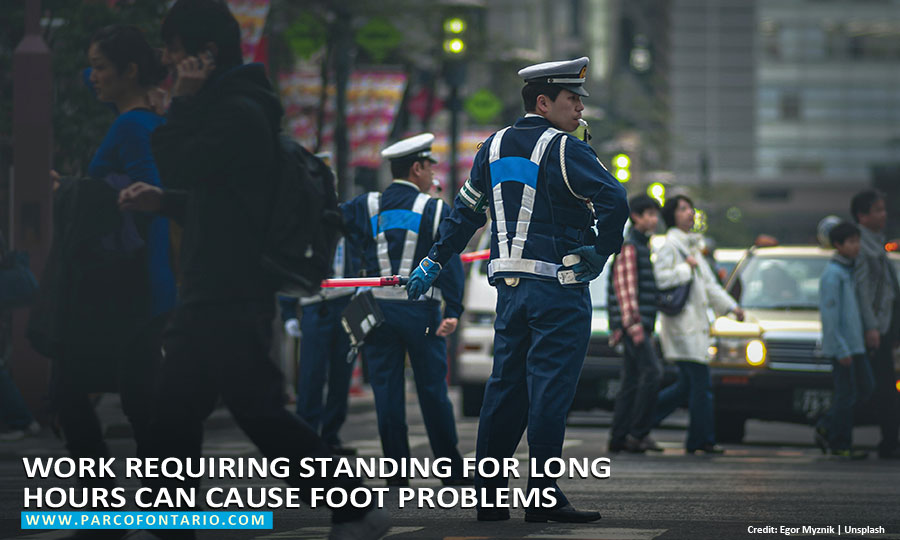
It’s bad for your feet, knees, hips, back, and neck if your job demands that you be on your feet most of the day. Standing for more than 5 hours per day causes considerable and sustained lower-limb muscular exhaustion. Long-term back discomfort and musculoskeletal diseases may result from this. You are also more likely to develop plantar fasciitis, an overuse injury to the plantar fascia. Customized orthotic inserts or customized orthotic shoes can help ease the tension on your feet, allowing you to keep doing what you want.
- You’ve had a lower limb injury
If you’ve recently had a hip, knee, leg, or ankle injury, it’s possible that it’s altering the pressure you exert on your feet. As a result, your movement could be affected. It’s critical to ensure that your feet are adequately supported and that you’re moving efficiently. This is where orthotics come in; they can help you avoid future discomfort or injury.
- Your shoes are old or worn out
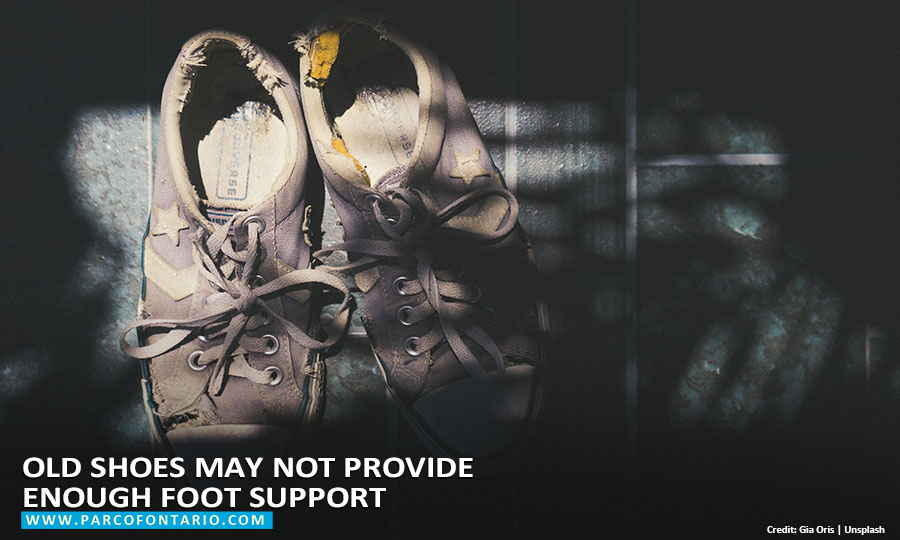
A brief examination of your footwear can show another obvious sign that you may require orthotics. Many people are unaware of the dangers of wearing worn-out soles on old shoes. If the soles or insoles have thinned down, they can no longer provide adequate support for your feet, which can result in overpronation (your foot sliding rolling as you walk), underpronation, or supination (your foot rolling outward).
If you like your shoes, you can put custom orthotics in them to give them more support and prevent your feet from rolling inward or outward. For people with an active lifestyle, you can also benefit from using sports orthotics.
Orthotics can help you straighten your stride by providing the necessary arch support and absorbing pressure evenly over your foot. They can help prevent and relieve pain and swelling, correct posture, and even manage back pain and headaches in this way.
Visit Ontario Physiotherapy And Rehabilitation Centre. With 5 locations offering Orthotics in Mississauga, Oshawa, Scarborough, Whitby, and Ajax, your search for “orthotics near me” ends.
Call us or visit our clinic today:
- Ajax – (905) 686-9081
- Mississauga – (905) 897-2092
- Oshawa – (905) 579-9938
- Scarborough – (416) 430-0314
- Whitby – (905) 430-2112
